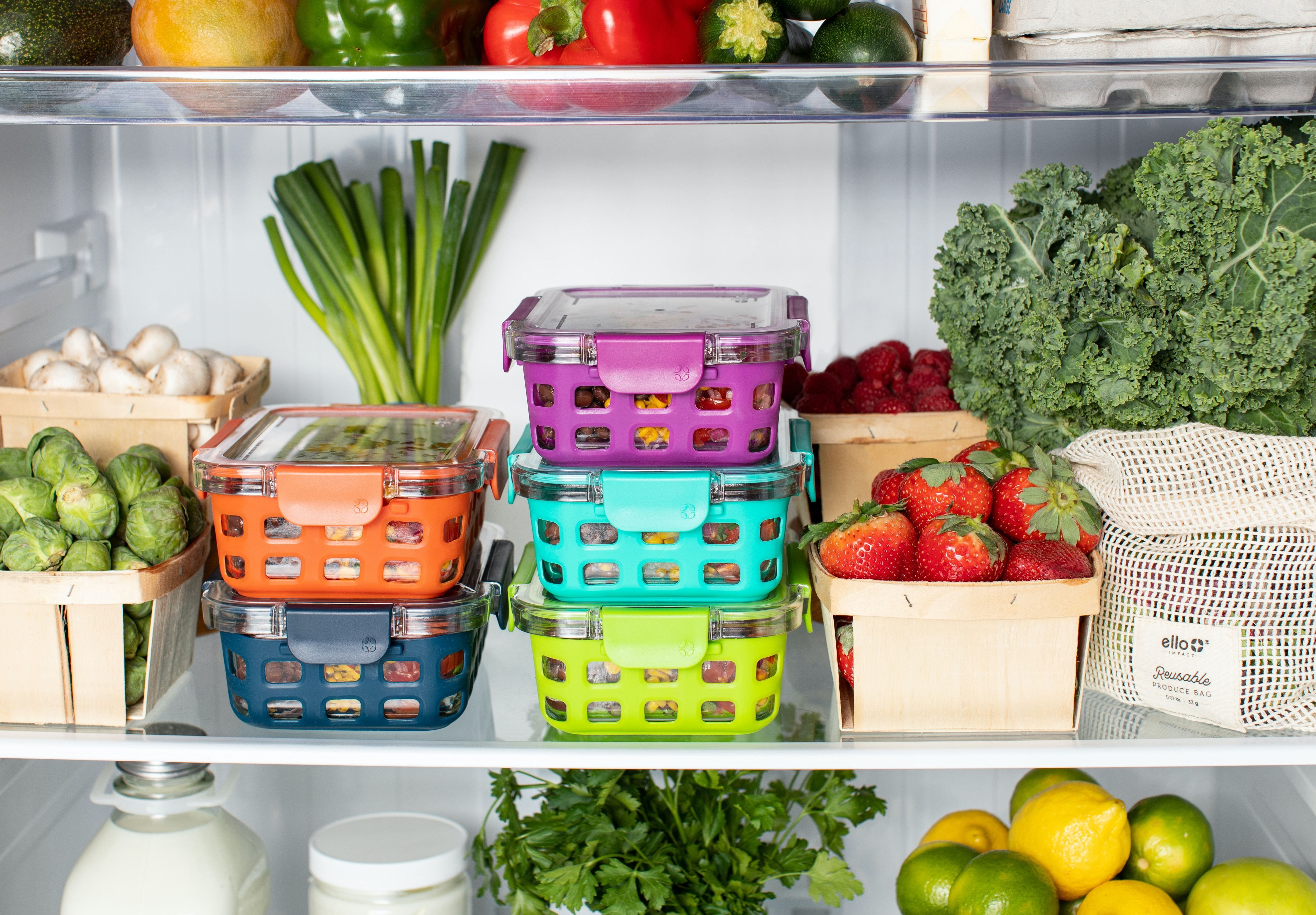
According to FoodSafety.gov, 1 in 6 Americans will experience foodborne illness each year. Bacteria such as E coli, salmonella, and campylobacter can cause foodborne illnesses. It is especially important for older adults to understand how to practice food safety habits. Older adults are at higher risk when it comes to foodborne illness because liver and kidney functioning has decreased, and certain medications can weaken the immune system.
Practicing Food Safety
Check the dates
The “sell by” date means that the product can be consumed after the date listed. The “use by” date means that the product cannot be consumed after the date listed.
Clean
Make sure to properly wash hands and all surfaces with hot soapy water.
Don’t Cross-Contaminate
Do not use the same utensils and platters to serve food that were used to handle raw foods. Store foods separately and remember to keep raw meats at the bottom of the refrigerator.
Avoid the Danger Zone
Any temperature between 41-140 degrees Fahrenheit is considered the “danger zone”. Make sure to defrost foods in the refrigerator and use a food thermometer to ensure all foods are cooked to at least 140 degrees.
Safely Store Leftovers
Separate large amounts of food, such as a big pot of soup or a roast, into smaller airtight containers when storing. This will allow the food to quickly cool to a safe temperature. Leftovers can last about 3-4 days in the refrigerator and 3-4 months in the freezer.




